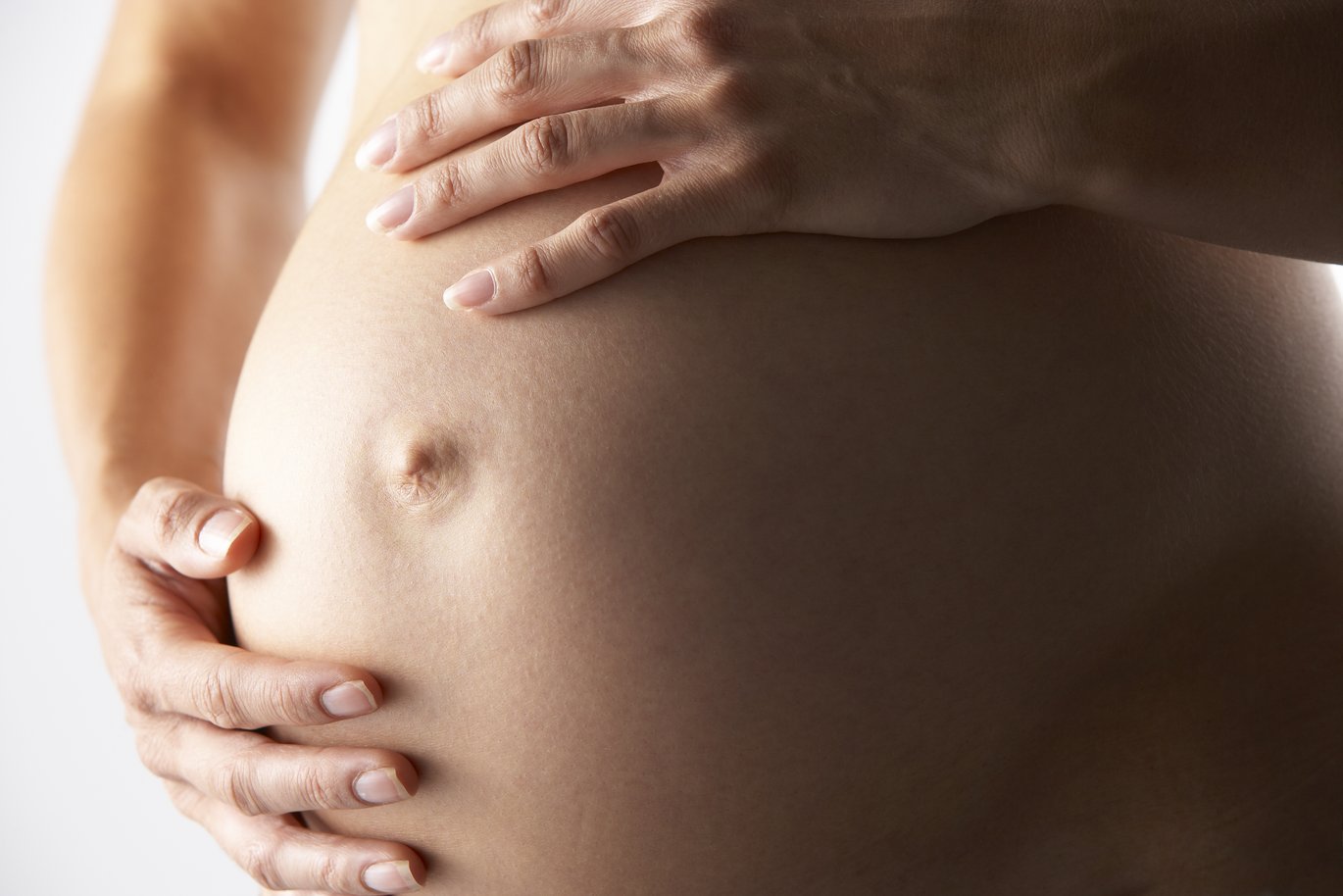Pregnant women can help improve the breast milk substitute of the future
In the project MaInHealth, researchers from the Department of Food Science at Aarhus University investigate how breast milk is composed and how the mother’s lifestyle affects it. In the long term, this may become important for future designs of breast milk substitute. The researchers are looking for pregnant women who will participate in the important research project.

The milk that mothers produce during the first three days after birth is markedly different from the milk produced four months later. As a mother, you make targeted nutrients for your child and the child's intestinal bacteria. Researchers from the Department of Food Science at Aarhus University are investigating this in more detail in the research project MaInHealth.
- We investigate, among other things, how breast milk varies over time, and how you as a mother are able to influence it. At the same time, we want to look at how the baby uses breast milk to grow. The child does not use everything directly, there is also a part that the child's intestinal bacteria utilises, says Ulrik Sundekilde, assistant professor at the Department of Food Science at Aarhus University and principal investigator on the research project.
The main purpose of the project is to learn more about which components breast milk consists of and what influence the mother’s lifestyle and state of health have on the milk.
What happens from breast to diaper?
It is essential for the project that the researchers get in touch with women, whom they can follow both when they are pregnant, breastfeeding and for some years to come.
- We would like to collect breast milk samples and samples from the baby's diaper shortly after the baby has eaten the breast milk. In this way, we get the result of the baby's intake of breast milk, and can better determine what exactly has happened to the ingredients that we find in breast milk, says Ulrik Sundekilde.
The researchers would like to talk to the mothers shortly before their 2nd trimester ultrasound, which is around week 20 of their pregnancy.
- We would like a blood sample from them so that we can identify factors about their lifestyle and general health. It could be interesting if we can correlate some of the later results with the mother's condition while she was pregnant, says Ulrik Sundekilde.
Participate from home
The researchers have made it as easy as possible for the pregnant women to participate in the project, and the samples are picked up directly at the home of the family.
- Breast milk and samples from diapers must be collected in material that we hand out, and then you just have to freeze it in your own freezer at home until we come and pick it up, says Ulrik Sundekilde.
In addition to the tests, participants must also answer some questionnaires.
Will learn from nature's design
Breast milk is the best source of nutrition for infants, but not everyone can breastfeed, and some babies do not get breast milk. The researchers hope that these children can receive even better breast milk substitutes in the future.
- If we can learn how nature has designed breast milk - how it is composed and how it varies during the breastfeeding - then we can perhaps design a substitute that is more targeted so that the children thrive and grow in the best possible way, says Ulrik Sundekilde.
The first step on the road is the study of about 200 mothers and their children's utilisation of the natural breast milk.
If you are pregnant, live in the Aarhus region, are Danish speaking and want to be part of the project, you can contact Ulrik Sundekilde and his team at mainhealth@food.au.dk
or tel. +45 2247 99 63
| Facts about the project | |
|---|---|
| Collaborators | Department of Food Science, Aarhus University, Aarhus Universitety Hospital, University of Copenhagen, Chinese Academy of Sciences, University of California, Davis |
| Funding | MaInHealth is funded by Arla Food for Health with DKK 5,4 million. In addition, the Sino-Danish Center, Aarhus University and the University of Copenhagen have co-financed PhD positions. |
| Project period | 18/05 2019 - 30/04 2025 |
| Further information | Ulrik Sundekilde, Assistant Professor, Department of Food Science, Aarhus University |
